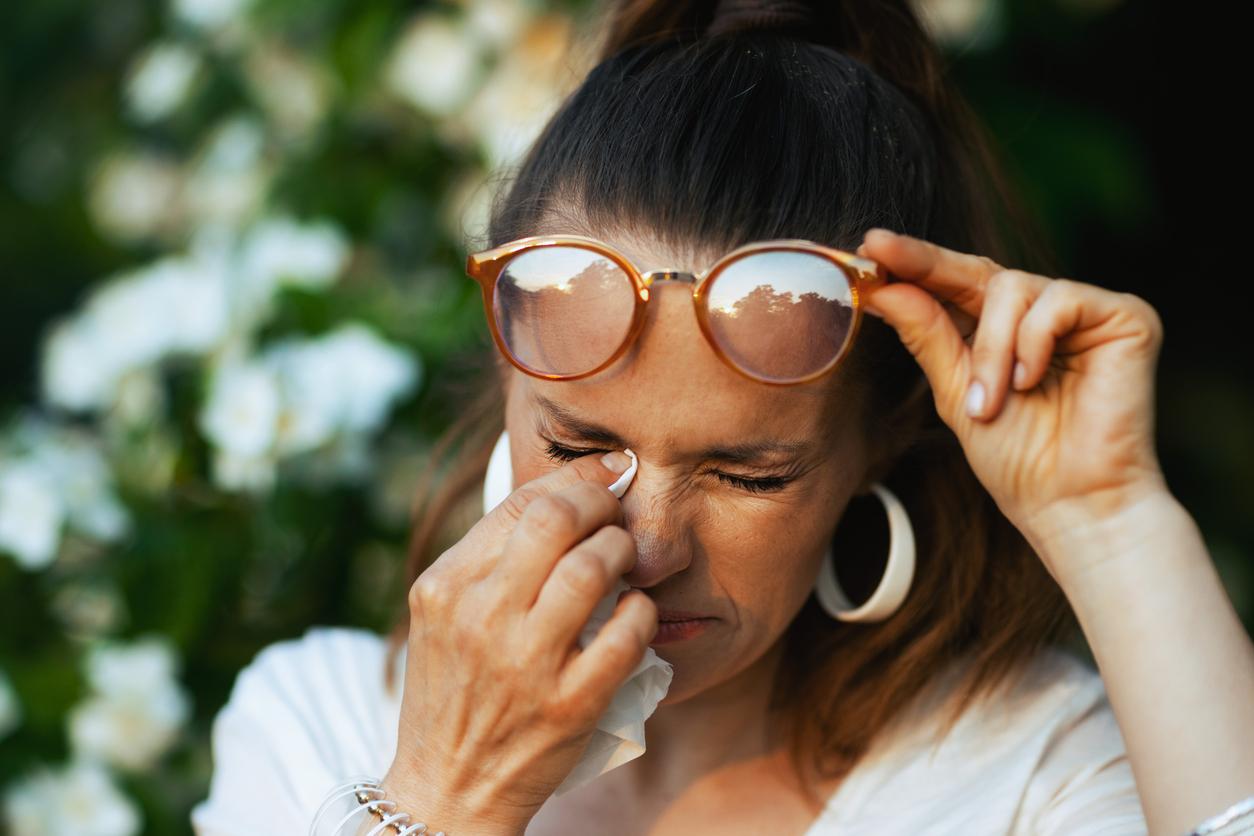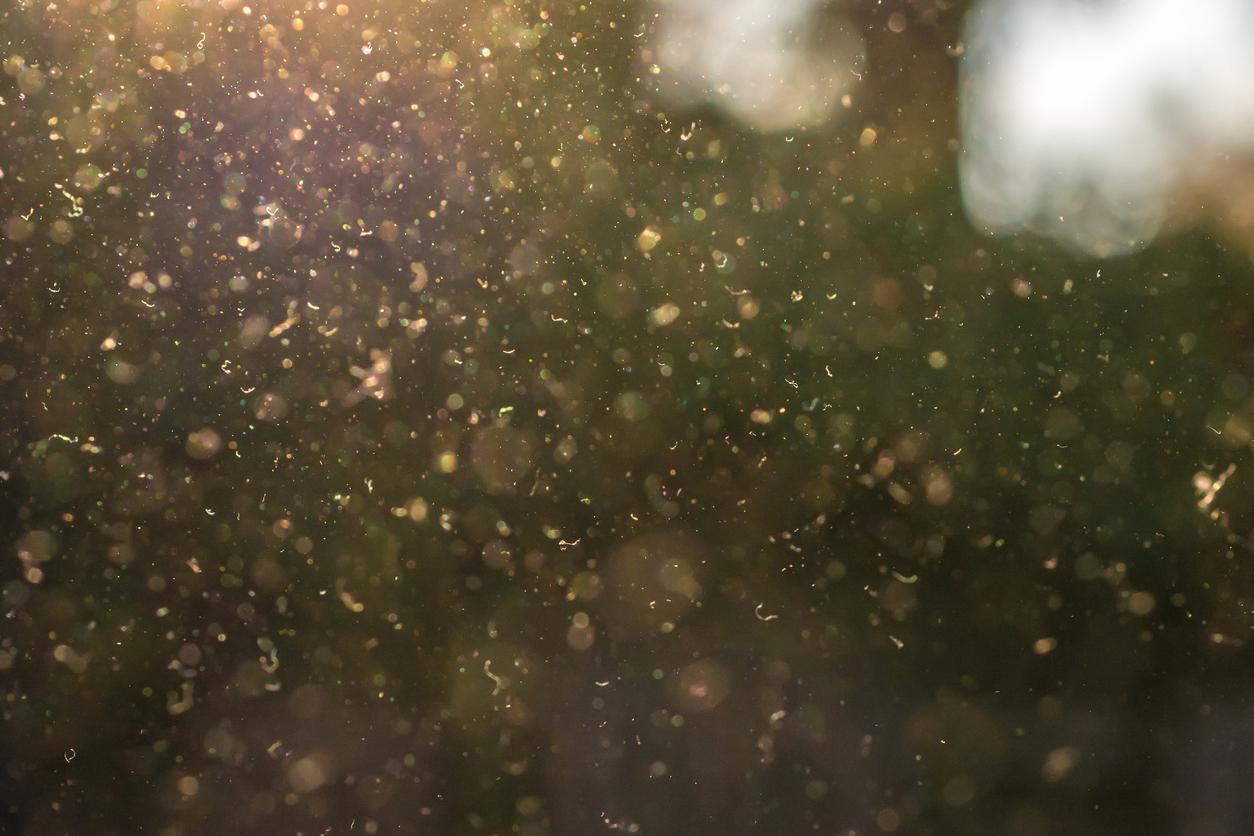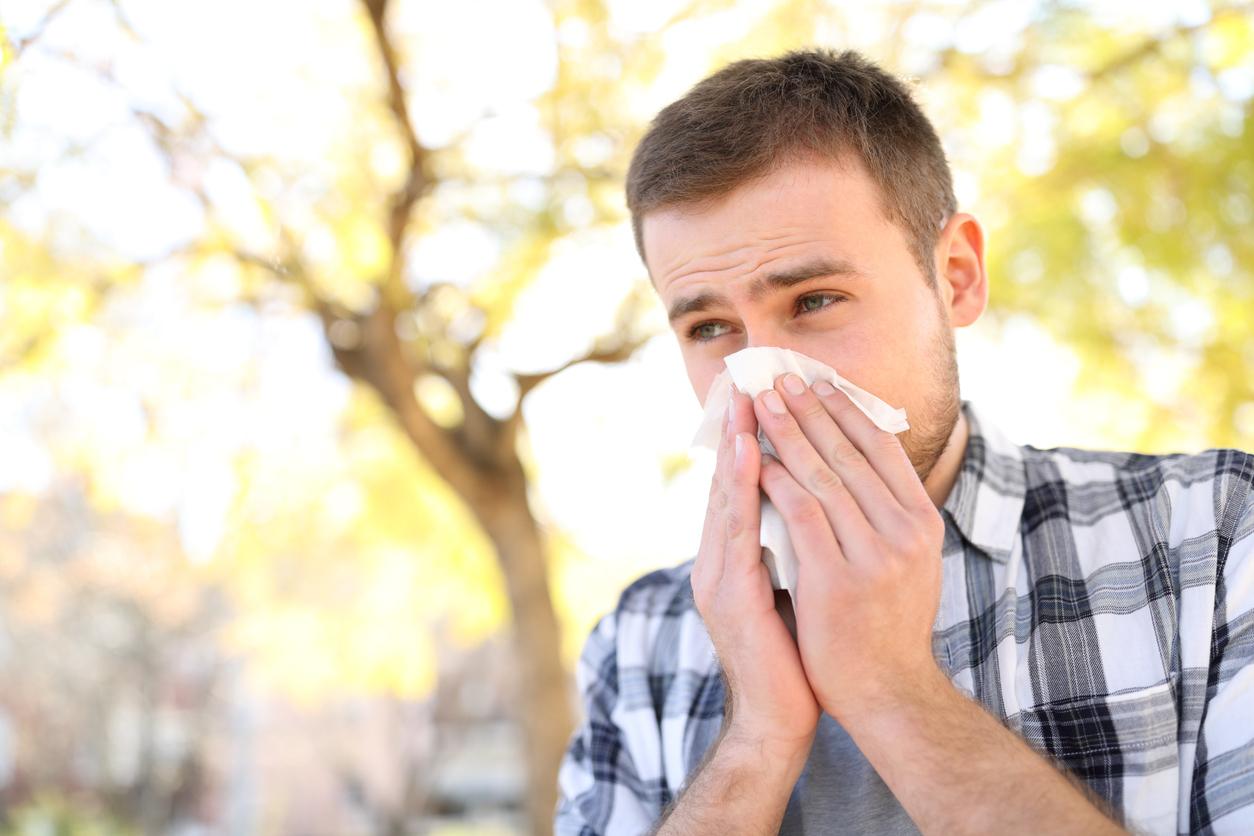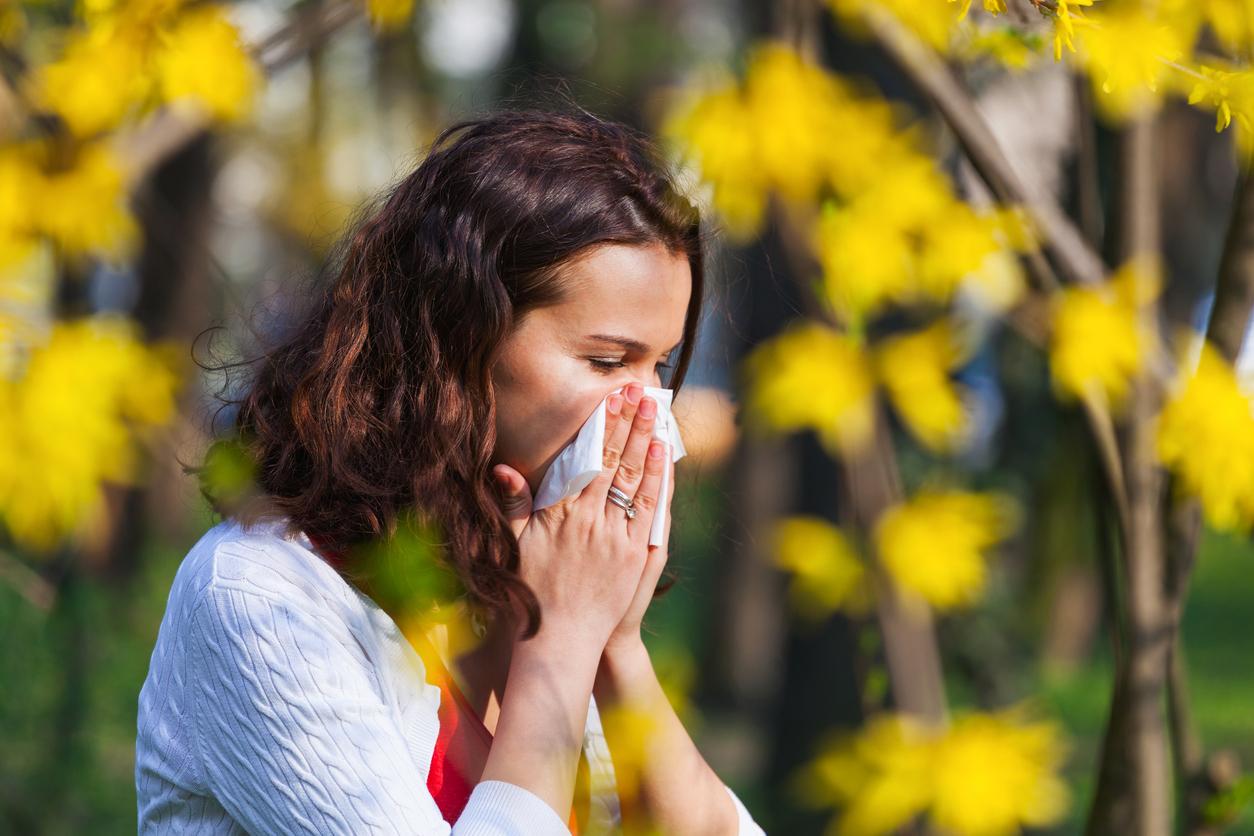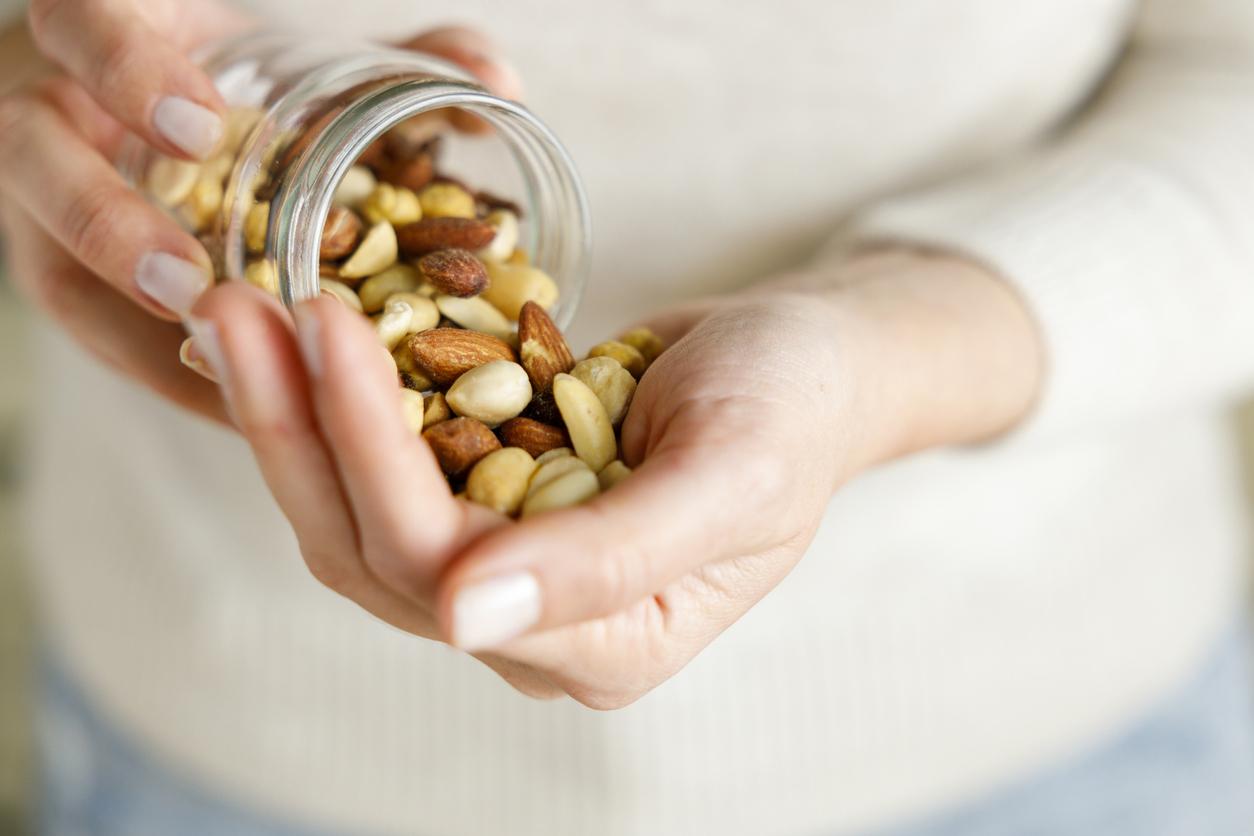Next week promises to be loaded with pollen in much of France. The RSNA recommends that all allergic people follow their treatment properly or consult their doctor.

While the sunny days have finally arrived, spring brings with it less encouraging elements for those allergic to pollen. “Next week will be loaded with pollens, allergics, especially those sensitive to birch pollen, will have to follow their treatment or consult their doctor”, warns the National Aerobiological Surveillance Network (RNSA).
Very high risk in Paris and in the north-east of France
According to the vigilance card for the week of April 17 to 24 (see below) designed by the RSNA, birch will prevail throughout the week and will cause a maximum allergic risk from Strasbourg to Rouen down to ‘in Auvergne and Rhône-Alpes.
Plane tree pollen is also a threat, especially in Paris and northern France. The same goes for ash pollen, the quantities of which are not decreasing and which, with an average allergic risk from Normandy to the Hautes Alpes, has reached the peak of the season.
For their part, the pollens of grasses gain ground and are present on the part of the territory to the South of the Seine while the pollens of charm spread from the North to the South-West. On the other hand, cypress, willow and poplar slowly end their season with a very low allergic risk throughout France. Brittany and the Mediterranean are the only regions where the risks remain relatively low for all pollen.
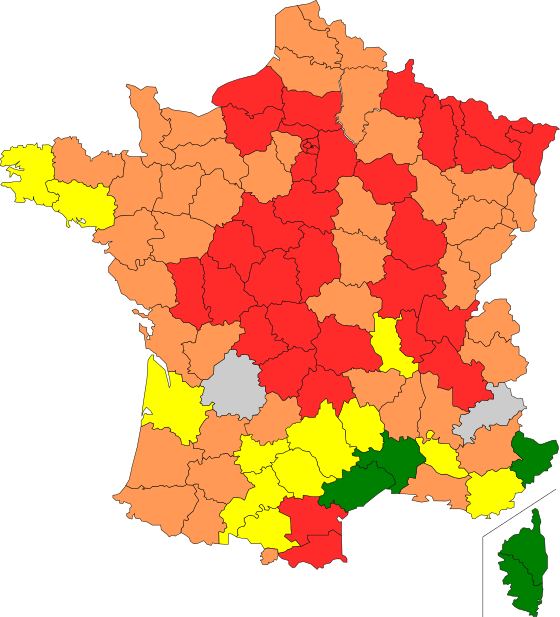

* The predicted allergic risk is established from the quantities of pollen measured, weather forecasts for the coming days, the phenological stage of the plants and the intensity of the symptoms observed by doctors in their patients allergic to pollen.
30% of the French population is allergic to pollen
The main parts of the body affected by pollen allergies are the nose, lungs, eyes and skin. Most of the time, allergic reactions result in strong sneezing, runny nose, tearing, redness and itching. Severe allergic reactions can also lead to inflammation such as asthma, rhinitis or conjunctivitis.
According to the National Agency for Food, Environmental and Occupational Health Safety (Handles), about 30% of the French adult population suffers from allergies to pollen as well as 20% of children. These figures have been steadily increasing for 20 years.
.









